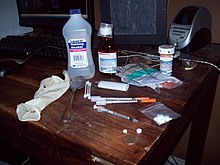 This week on How On Earth, we welcome Benita Lee who brought up the growing problem with fentanyl – a new street drug that’s killing many. Benita talks with DEA agent David Olesky about the scope of the problem and what the agency is doing to combat it. Beth talks with pharmacologist and policy maker Robert Valuck about how the drug affects the brain, causes death, and the protective effect of the blocking drug naloxone.
This week on How On Earth, we welcome Benita Lee who brought up the growing problem with fentanyl – a new street drug that’s killing many. Benita talks with DEA agent David Olesky about the scope of the problem and what the agency is doing to combat it. Beth talks with pharmacologist and policy maker Robert Valuck about how the drug affects the brain, causes death, and the protective effect of the blocking drug naloxone.
Executive Producer: Beth Bennett
Show Producer: Beth Bennett
Additional Contributions: Benita Lee
Listen to the Show:
Podcast: Play in new window | Download (Duration: 29:40 — 26.6MB)
Subscribe: RSS



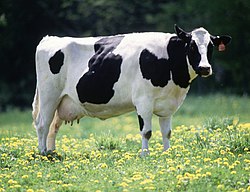 This week on How on Earth, Beth talks with Professor Fred Provenza, author of the book
This week on How on Earth, Beth talks with Professor Fred Provenza, author of the book 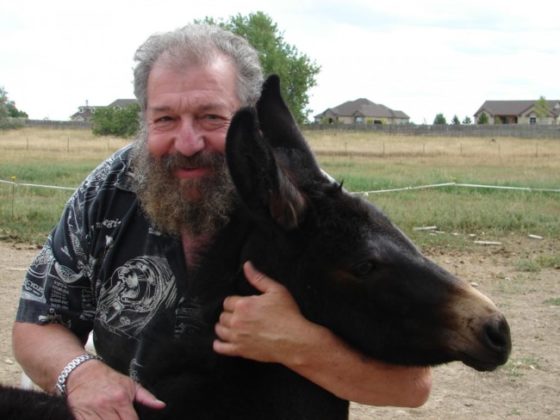
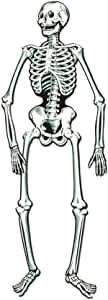 On today’s show, Beth talks with
On today’s show, Beth talks with 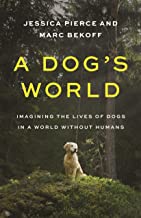 Ever wonder what the world would be like without us humans? Professor
Ever wonder what the world would be like without us humans? Professor 
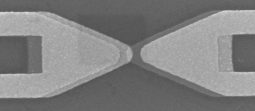 In this episode of How on Earth, Beth talks with Dr Amina Belkadi about her
In this episode of How on Earth, Beth talks with Dr Amina Belkadi about her  On this week’s show journalist and author
On this week’s show journalist and author 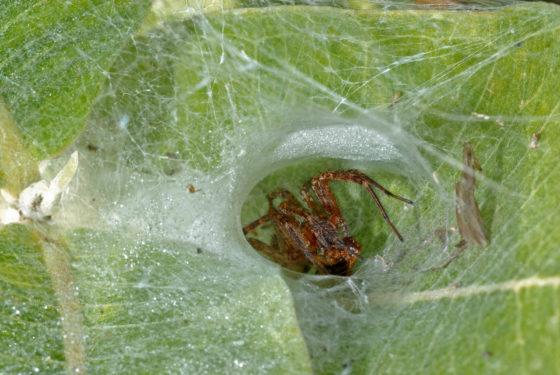
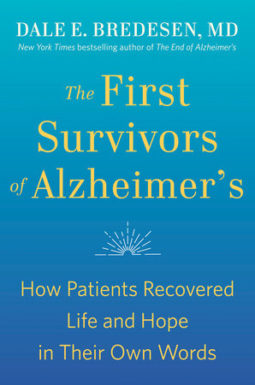 On this week’s show Beth talks with Alzheimer’s Disease researcher
On this week’s show Beth talks with Alzheimer’s Disease researcher